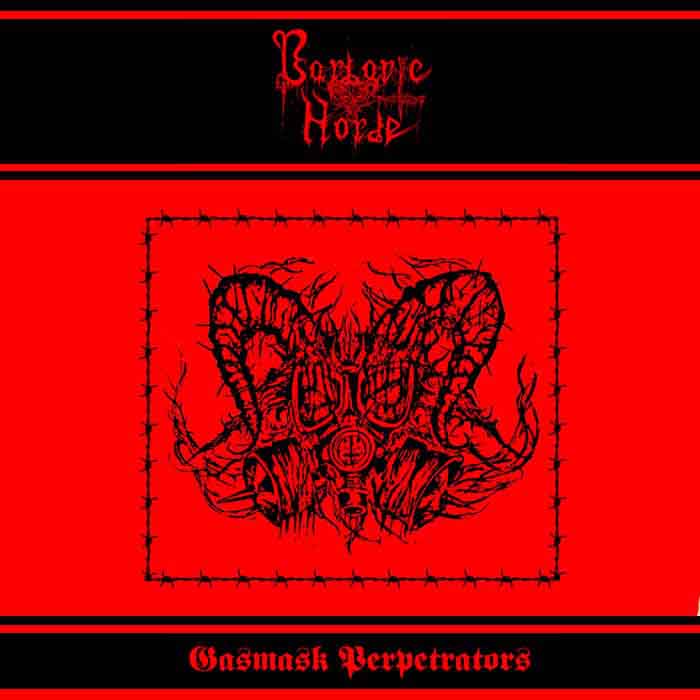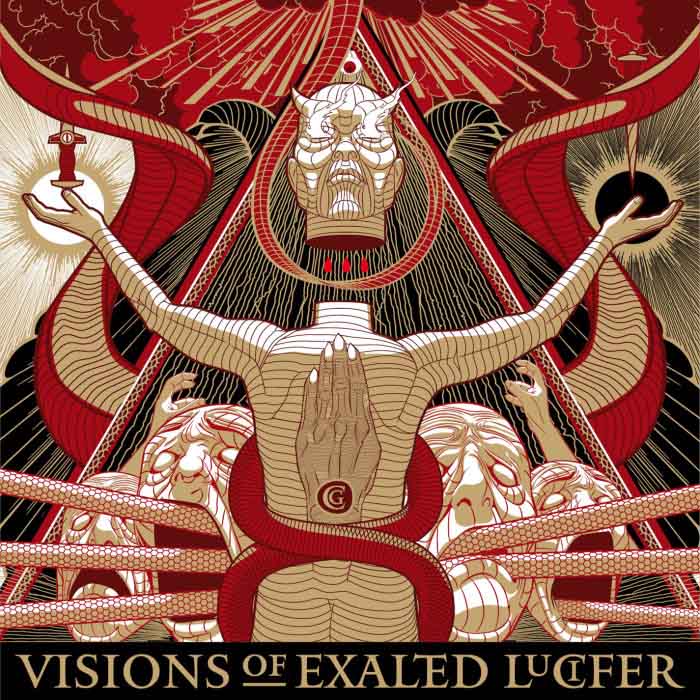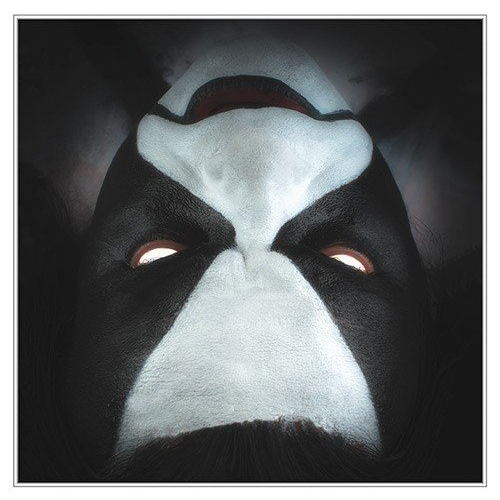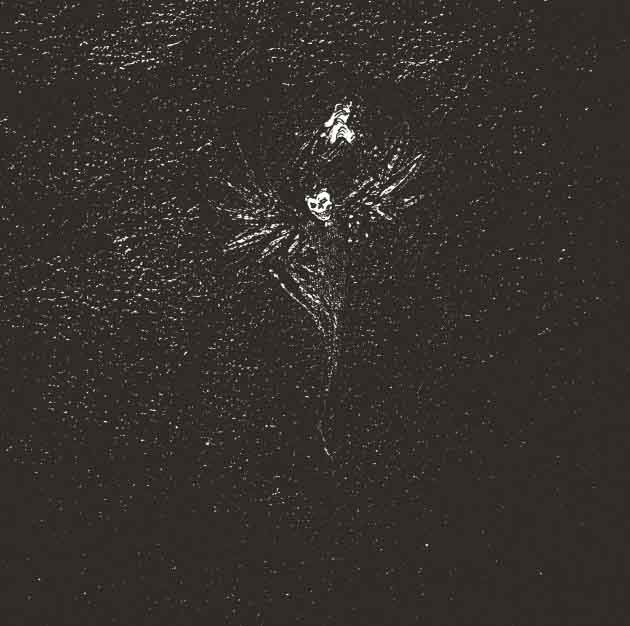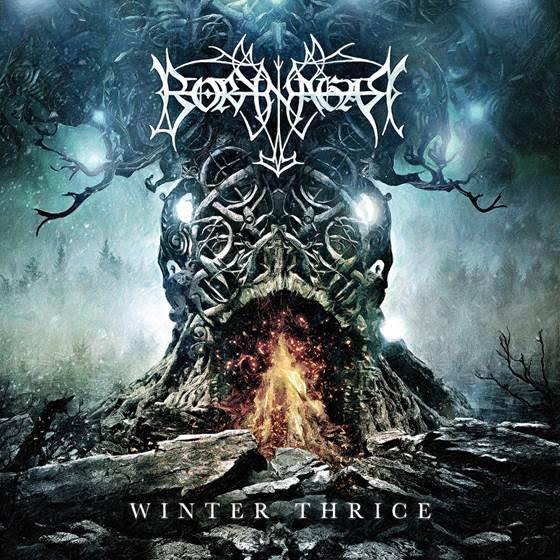
Winter Thrice would’ve ensnared me for some time, had it come out in 2009. In my youth, I was more receptive to pomp and circumstance in my music, and if there’s one thing Borknagar’s latest recording does especially wrong, it’s that it never relents from its apparent desire to be epic, even to the point of having its share of contrived quiet sections for obvious dynamic contrast. Restraint is not part of these musician’s repertoire, and it makes for yet another flat (albeit psychically draining) album that I can’t imagine even its most rabid fans having much patience for once the initial blitz of sales wears off.
At its core, Borknagar is descended from the same sort of ‘atmospheric’ black metal that their fellow scenesters and countrymen in Arcturus once made a living doling out to the masses. It’s probably a coincidence (at best, historical understandable in the context of Norway in the early ’90s) that both of those bands have some roots in especially unusual death metal oriented recordings. What degraded these bands (and similar ones) over time was their ever increasing addiction to sonic novelty. While Borknagar was quicker to unify a few elements they liked and streamline everything else into their signature sound (I described the teaser as “melodramatic, pseudo-progressive heavy rock music”), they’ve ended up so dependent on their own aesthetic that it interferes with their ability to develop their songs.
Now, Borknagar is technically proficient, as you might expect from any metal band that sells and isn’t deliberately ultra-primitive. However, only the vocalists’ contributions manage to rise to any sort of prominence. If I strain my ears, I can catch a glimpse of what the instrumentalists are attempting, and I’m sure it’s pleasant enough as a result of all the time that went into writing and recording it, but there’s very little of substance there beyond the ‘epic’ orientation of Borknagar’s songwriting. On top of that are a series of sung parts from three vocalists all scrambling for your attention. These are again skilled singers (and shriekers) to the point that their performance takes center stage, but when the arrangements they perform are so forgettable, does it really matter?
Ultimately, I found Winter Thrice to be so aggressively unmemorable, to the point that remembering just what it sounds like beyond a vague impression of 3/4 time and minor key progressions is difficult. At its best, it sounds good, but this stylish album is ultimately free of substance.
9 CommentsTags: 2016, Black Metal, borknagar, mainstream metal, norwegian grammy metal, pseudo-prog, winter thrice

